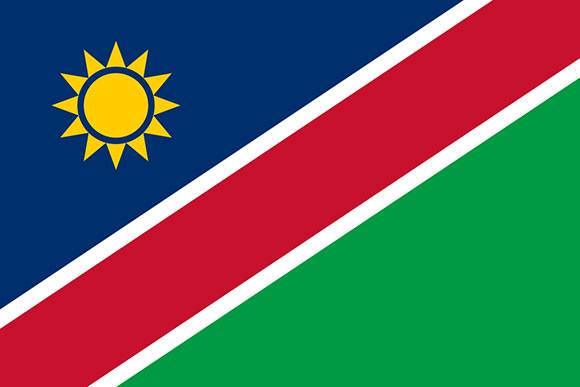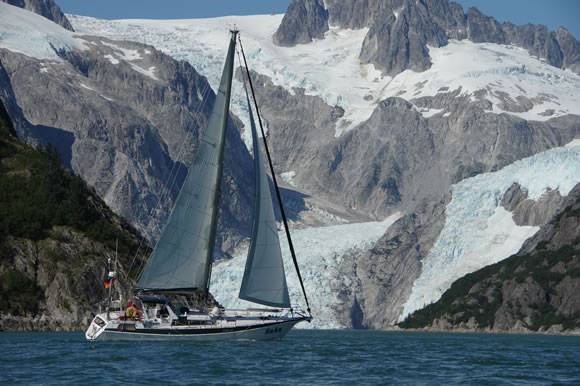Cape Town - Walvis Bay
31.01.2024 - 12.02.2024
Namibia

Namibia, officially known as the Republic of Namibia, is a Southern African country with the Atlantic Ocean as its western border. It shares land boundaries with Zambia and Angola to the north, Botswana to the east, and South Africa to the south and east. Despite not directly bordering Zimbabwe, it is separated from Botswana by a mere 200 meters of the Zambezi River´s right bank. Windhoek serves as both the capital and the largest city of Namibia. This nation is renowned for being the driest country in sub-Saharan Africa and has been inhabited since ancient times by various indigenous groups like the Khoi, San, Damara, and Nama people. Over time, Bantu communities, particularly the Ovambo, have become the majority population. Presently, Namibia is one of the least densely populated countries globally, with an estimated population of around 2.77 million people.
In the late 19th century, Namibia came under German rule, forming a colony known as German South West Africa. During the early 20th century, a devastating genocide took place against the Herero and Nama peoples by German troops. After World War I, South Africa took control of the territory through a League of Nations mandate and later implemented apartheid policies. The struggle for independence gained momentum in the latter part of the 20th century, with the United Nations assuming responsibility for the territory in 1966. However, South Africa continued de facto rule until Namibia achieved independence on March 21, 1990, following the Namibian War of Independence. It was not until 1994 that Walvis Bay and the Penguin Islands were fully integrated into Namibia, ending South African control.
Namibia is characterized as a stable parliamentary democracy with its economy based on agriculture, tourism, and mining, including gem diamonds, uranium, gold, silver, and base metals. The manufacturing sector is relatively small compared to these primary sectors. The country is a member of various international organizations, including the United Nations, the Southern African Development Community, the African Union, and the Commonwealth of Nations, reflecting its active role in regional and global affairs.
In the late 19th century, Namibia came under German rule, forming a colony known as German South West Africa. During the early 20th century, a devastating genocide took place against the Herero and Nama peoples by German troops. After World War I, South Africa took control of the territory through a League of Nations mandate and later implemented apartheid policies. The struggle for independence gained momentum in the latter part of the 20th century, with the United Nations assuming responsibility for the territory in 1966. However, South Africa continued de facto rule until Namibia achieved independence on March 21, 1990, following the Namibian War of Independence. It was not until 1994 that Walvis Bay and the Penguin Islands were fully integrated into Namibia, ending South African control.
Namibia is characterized as a stable parliamentary democracy with its economy based on agriculture, tourism, and mining, including gem diamonds, uranium, gold, silver, and base metals. The manufacturing sector is relatively small compared to these primary sectors. The country is a member of various international organizations, including the United Nations, the Southern African Development Community, the African Union, and the Commonwealth of Nations, reflecting its active role in regional and global affairs.




